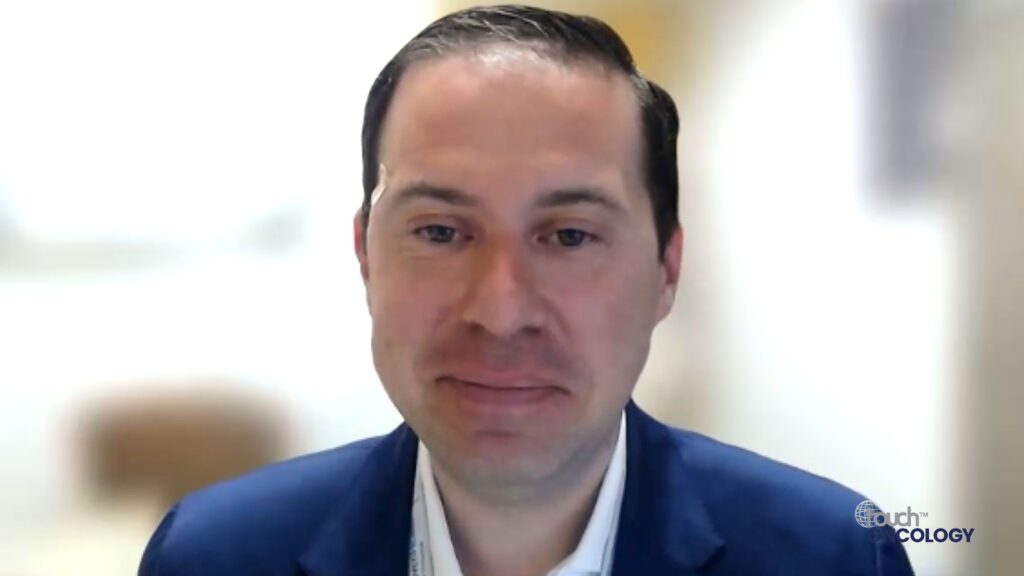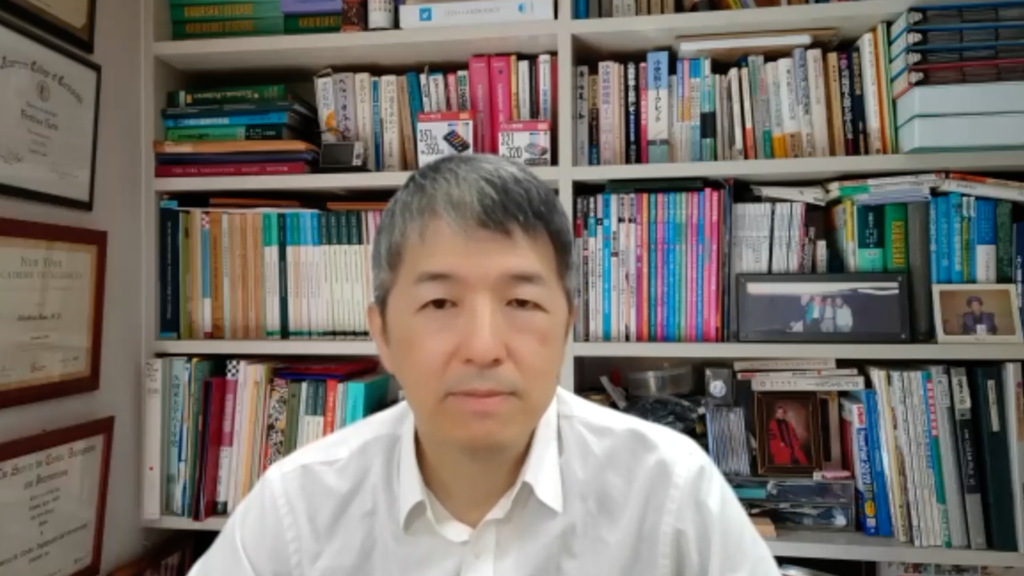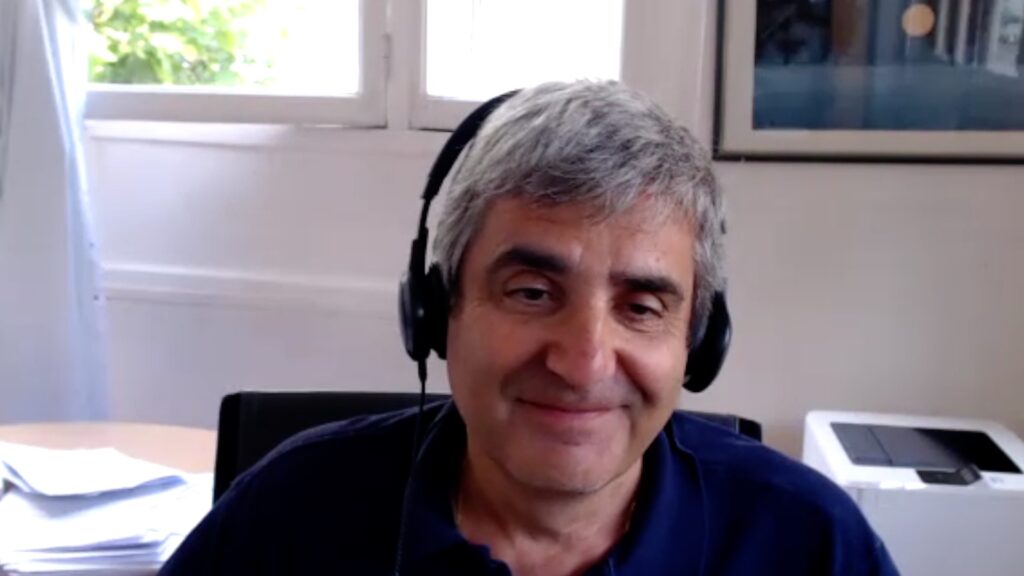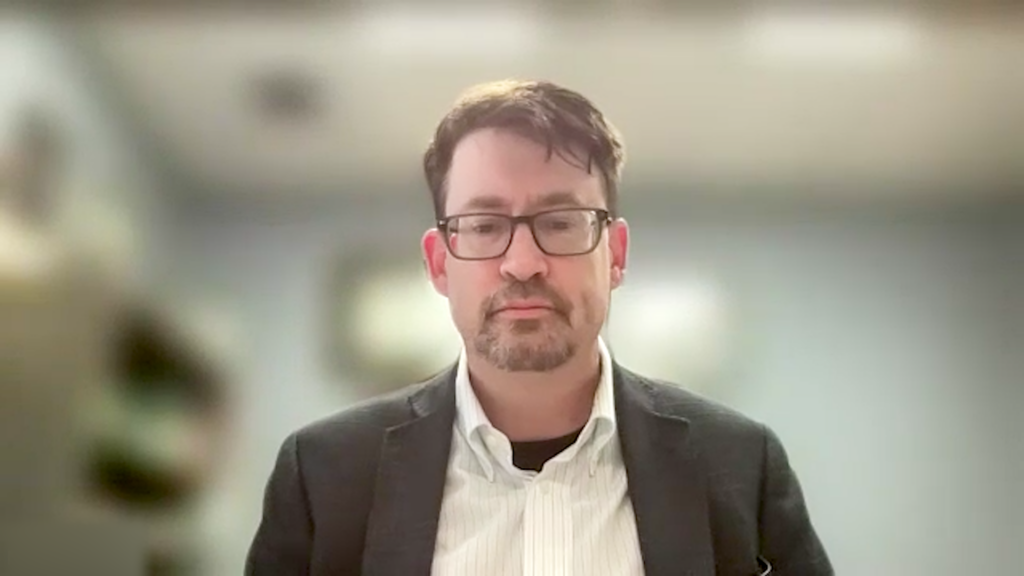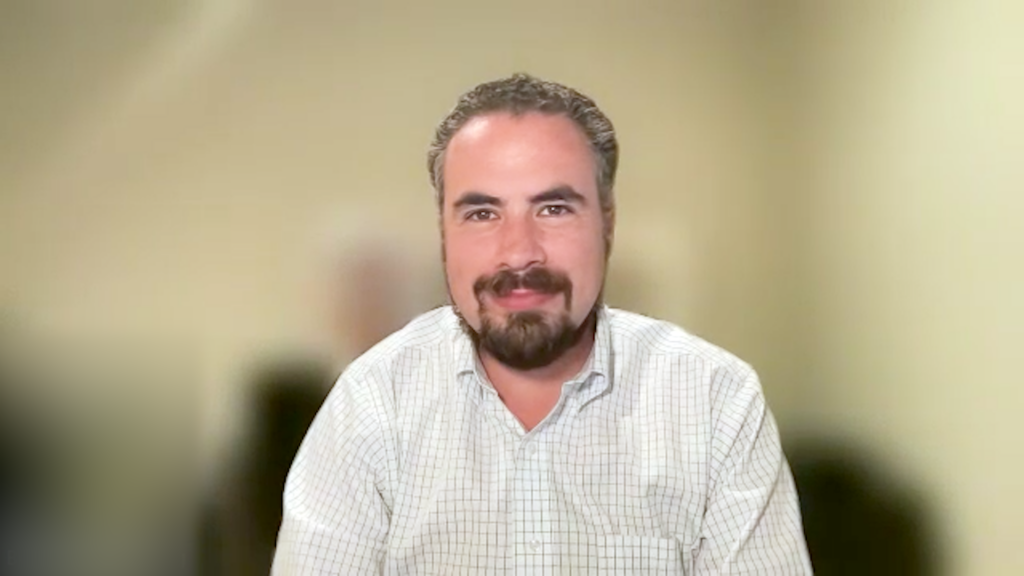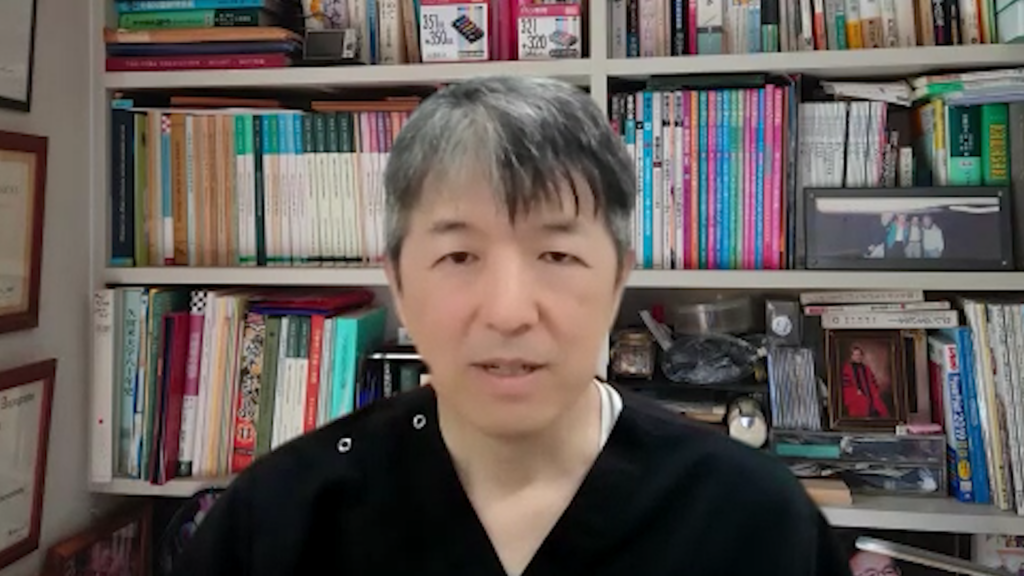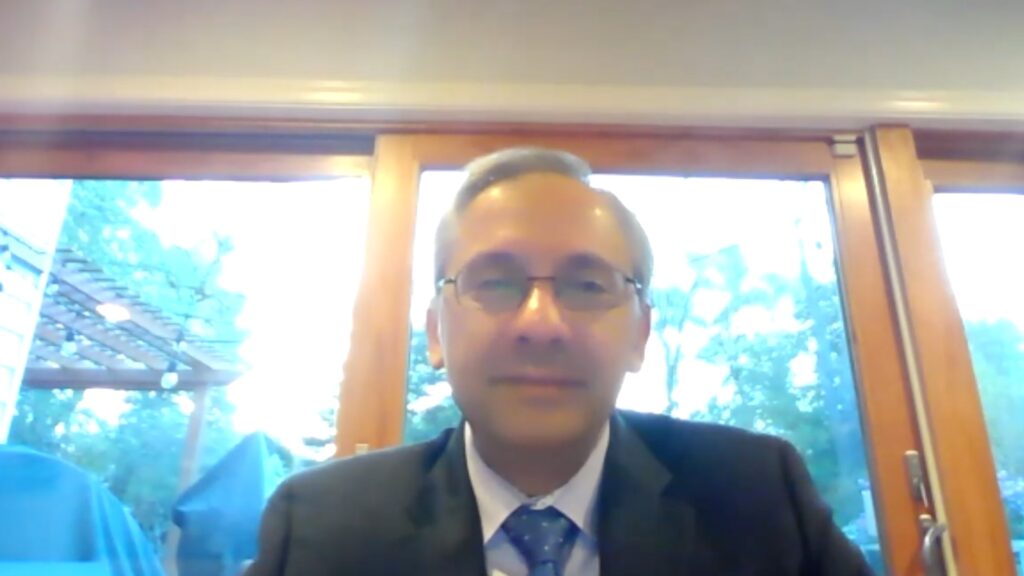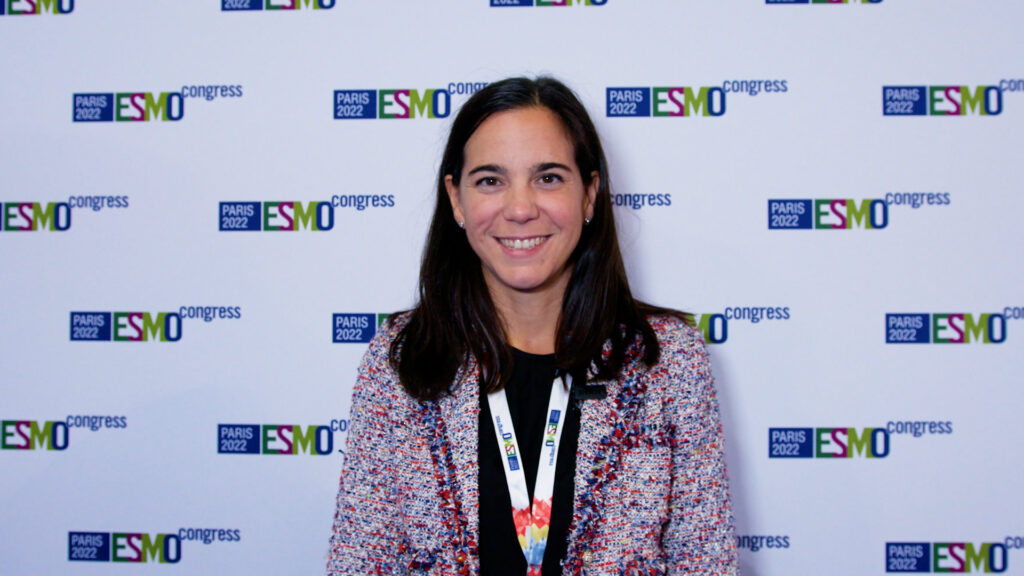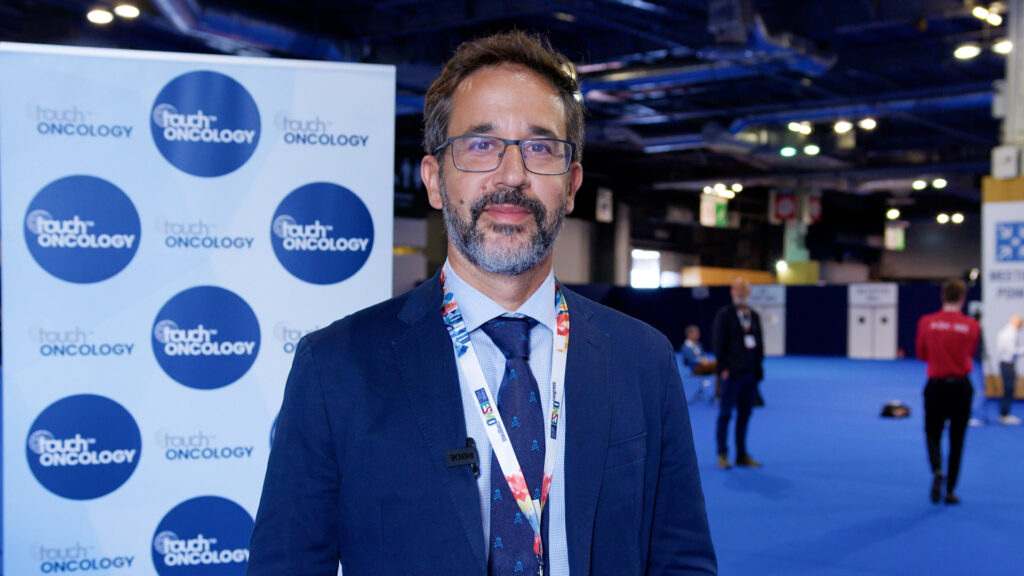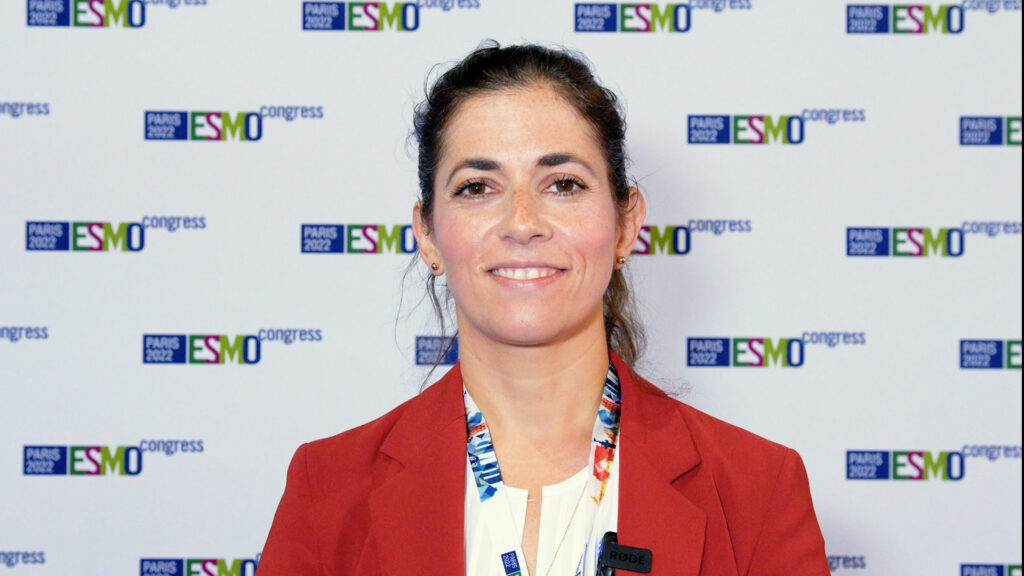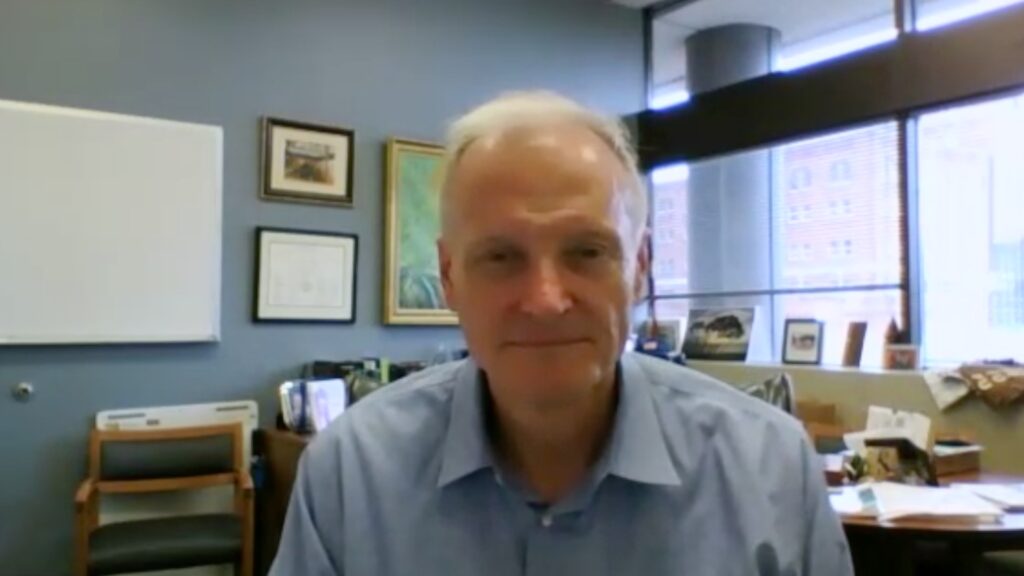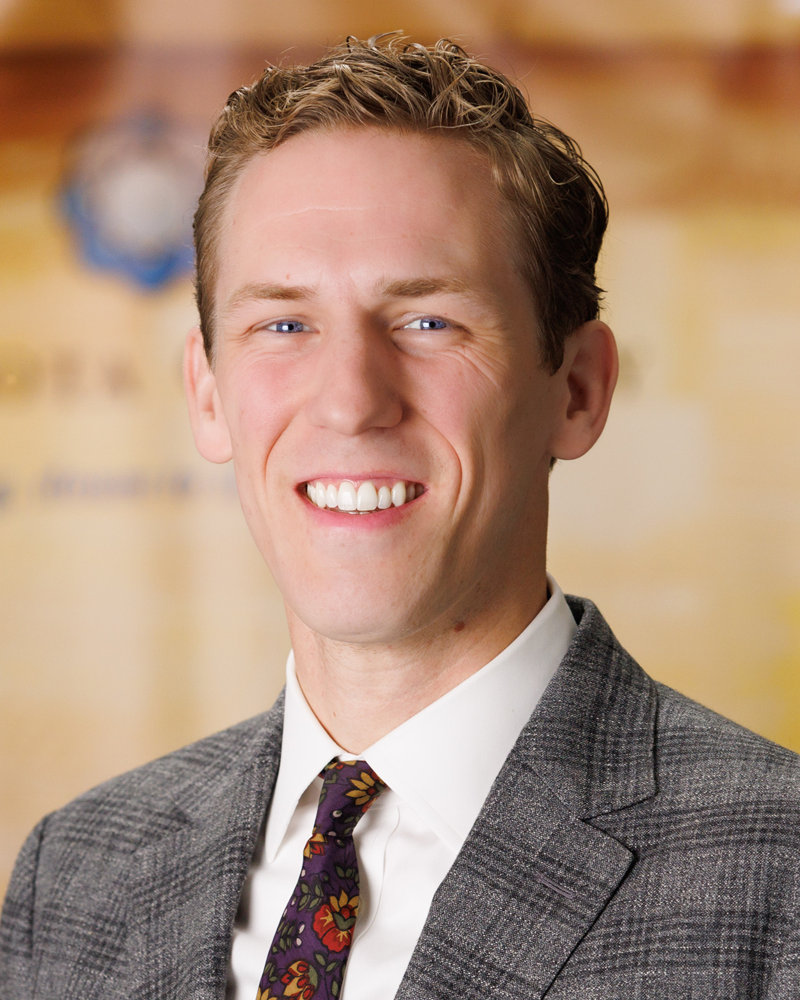
“A mentor once told me to always stay true to my values – advice that has guided me throughout my career”
Dr Eric Lander (Director of Research at Minnesota Oncology – Minneapolis, MN, USA) shares his journey and insights into the dynamic field of oncology. From a transformative experience in Argentina to his current role advancing clinical research, Eric discusses the inspirations, lessons and emerging developments that fuel his passion in driving modern cancer care.
Q1. Is there a particular moment or experience in your career that reinforced your passion to become an oncologist?
My passion for oncology was solidified during my college years when I was living in Argentina and working at a public hospital. I assisted an oncologist and encountered a patient with curable breast cancer who was refusing treatment due to financial struggles and personal challenges. Despite my limited Spanish, I understood her situation and saw how the oncologist’s compassion and reassurance changed her mind. She ultimately pursued treatment, and that moment revealed to me the profound impact of connecting with patients beyond their diagnosis. It showed me oncology is as much about understanding lives as it is about science.
Q2. What is the most valuable lesson a mentor has shared with you, and how has it influenced your work?
A mentor in medical school once told me to always stay true to my values. In a demanding field like medicine, it’s easy to lose sight of what matters most. This advice has guided me to focus on areas where I can make a meaningful impact. It’s driven me to seek opportunities that align with my passions while addressing unmet needs.
In my current role, I’m fortunate to work with cancer patients and bring innovative treatments to our community. Knowing I’m contributing to improving lives, even as one small part of a larger effort, is deeply rewarding.
Q3. What advice would you offer to young healthcare professionals beginning their career journey?
Oncology and hematology demand a vast knowledge base and constant interaction with diverse individuals. The field evolves rapidly, so staying curious is crucial. Always ask if there’s a better way to treat the patient in front of you. This curiosity not only keeps you updated with the latest research, but also helps you connect with patients on a personal level.
Getting to know your patients’ lives enriches your practice and strengthens the doctor-patient relationship. Every patient’s journey is unique, shaped by their goals and circumstances. Embracing this individuality is key to providing compassionate and effective care.
Q4. What are you most excited to see develop further over the next few years?
I’m excited about advancements in gut microbiome research. We’re discovering how the bacteria in our intestines influence our immune systems. For patients who stop responding to immunotherapy, modulating their gut microbiome can sometimes restore their response. I’m hopeful we’ll see significant progress in strategies to enhance immunotherapy effectiveness and reduce toxicity through microbiome modulation. This promising area of research could transform cancer treatment.
Q5. What aspects of your work do you find most fulfilling?
The personal connections I form with patients and their families are deeply rewarding. These relationships are what drew me to medicine and continue to inspire me. Enrolling patients in clinical trials is another fulfilling aspect. These trials often provide cutting-edge treatment options, offering hope to patients while advancing the field.
I also find designing clinical trials incredibly rewarding. Collaborating with researchers to create innovative studies and bringing these opportunities to our community is exciting. Our practice has built one of the largest clinical trial programs in the Twin Cities, and being part of this effort to push boundaries and improve access to groundbreaking treatments is a privilege I’m grateful for.
Disclosures: Eric Lander has no financial or non-financial conflicts of interest to declare in relation to this article.
Cite: Lander E. Connecting medicine and humanity: A conversation with Dr Eric Lander. touchONCOLOGY. 3 February, 2025.
SIGN UP to touchONCOLOGY!
Join our global community today for access to thousands of peer-reviewed articles, expert insights, and learn-on-the-go education across 150+ specialties, plus concise email updates and newsletters so you never miss out.
Click here to REGISTER NOW >>>



